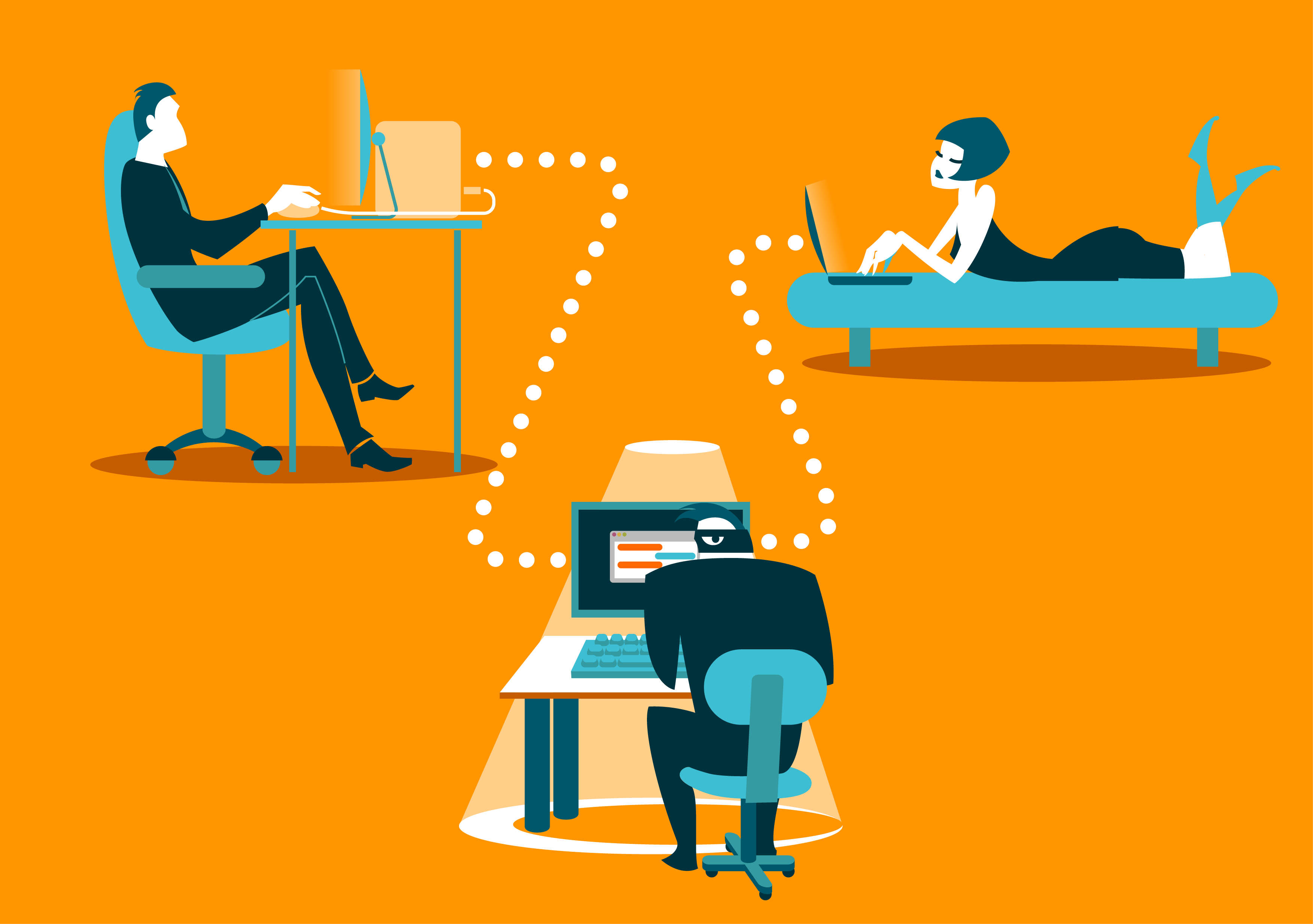3 Things You Need to Know Before Using a Third-Party VPN Service
A virtual private network, or VPN, is used to create a private tunnel between two different devices on the internet. The purpose of the VPN is to provide an additional layer of protection between devices. If you work remotely, you likely connect to your work environment for items like shared files and devices, using a VPN. There are also companies that provide a third-party VPN as a subscription service touting the service as a safe and private way to browse the internet.
This post discusses three things you need to know before using a third-party VPN service.
3 Things You Need to Know Before Using a Third-Party VPN Service
Using a VPN to connect to specific networks is a good idea. It provides a level of security and authorization that goes beyond using remote desktop, which was far more popular in the past. When you connect to a VPN, your internet traffic goes through that VPN unless you set up split VPN tunneling.
You can also connect to a VPN to get the resources you need, then disconnect and go back to using your standard internet connection if you do not want all of your traffic going through the VPN. For example, if the VPN connection is used to gain access to items for your job, you might not want all your personal internet traffic also going through your work VPN which most likely tracks, filters, and limits internet usage.
Contrastingly, using a VPN to connect to a singular network is vastly different than connecting to a VPN service that you then funnel all of your traffic through. A VPN subscription service is typically a service where you connect to the provider's VPN and then all of your traffic goes out to the internet from there. There are several things you should know before using a third-party VPN subscription service.
Centralized traffic
The first thing you need to consider is that when you switch to using a VPN subscription service, all of your traffic is going through a singular location. Normally, when using a VPN to connect to say your office for work, you are connecting to that network for the purposes of accessing resources like files, programs or applications.
When you use a VPN service and all of your traffic goes through the VPN, there can be an increased risk if anything happens to your account, or any of the pieces between you and the internet. When you browse websites using a regular internet connection, there is always risk, but the risk is typically limited to the places you visit. Aside from you having a keylogger or suffering a man-in-the-middle attack where someone is redirecting all of your traffic without your knowledge, the risk is based on each site you visit.
NOTE: A keylogger is a software or hardware device used to track every key stroke you hit in an effort to hack into your accounts and/or access your data. A man-in-the-middle attack is an attack where someone is intercepting all of your internet traffic, then sending it along so that they can grab copies of whatever you are sending and possibly gain access to your accounts. These threats are good examples of why you should never log into any accounts on a free wireless network.

This means if you visit a site that leaks your data, site A does not automatically expose your data to sites B - Z that you visited that day. Using a VPN consolidates all traffic down to a single access point and if anything ever happens to any of their devices, all of your traffic is at risk because you have funneled all traffic through this one single point.
Lesser control
When you send all of your traffic through a third-party VPN service, you have less control over what networks your data travels through before getting to the website you intend to visit. When using a standard internet connection, typing out domain.com takes you directly to domain.com. However, when you use a VPN service, your traffic is sent to the VPN provider and you have no control over where it goes before getting to the website you requested.
NOTE: Technically all traffic passes through the network of your internet provider first before getting to its destination. However, this is not something you can change, but it is worth stating for accuracy.
Data regulations
The last thing you should consider before signing up for a VPN subscription service is related to the lesser control item listed above. Data regulations and protections, meaning the protections around how a user's data can be used, sold, stored, and more, are often regulated by the country where the company is located. You have most likely heard about certain restrictions the EU has on protecting their citizen's privacy, which are often stronger than many other countries.
When you use a VPN service for all of your internet traffic, while they must abide by the rules of your country when it is sent to them, they can just as easily send your data to a different country where the rules are less strict. This could invalidate protections you thought were your right. Always read the end user license agreement, EULA, or contact the company directly and get in writing what their policy is on redirecting traffic to data centers or satellite offices, etc., in other countries.
While using a VPN to connect to a specific network adds a layer of protection, a VPN service does present some security and privacy items you should be aware of before using. Having all of your data go to a single location increases the threat if anything ever happens to that singular source. Be sure you read the end user license agreement so you know what kind of control you are giving up, and if the provider restricts where they send your data.
As always, a little bit of upfront diligence provides a great deal of protection and security to your data!

